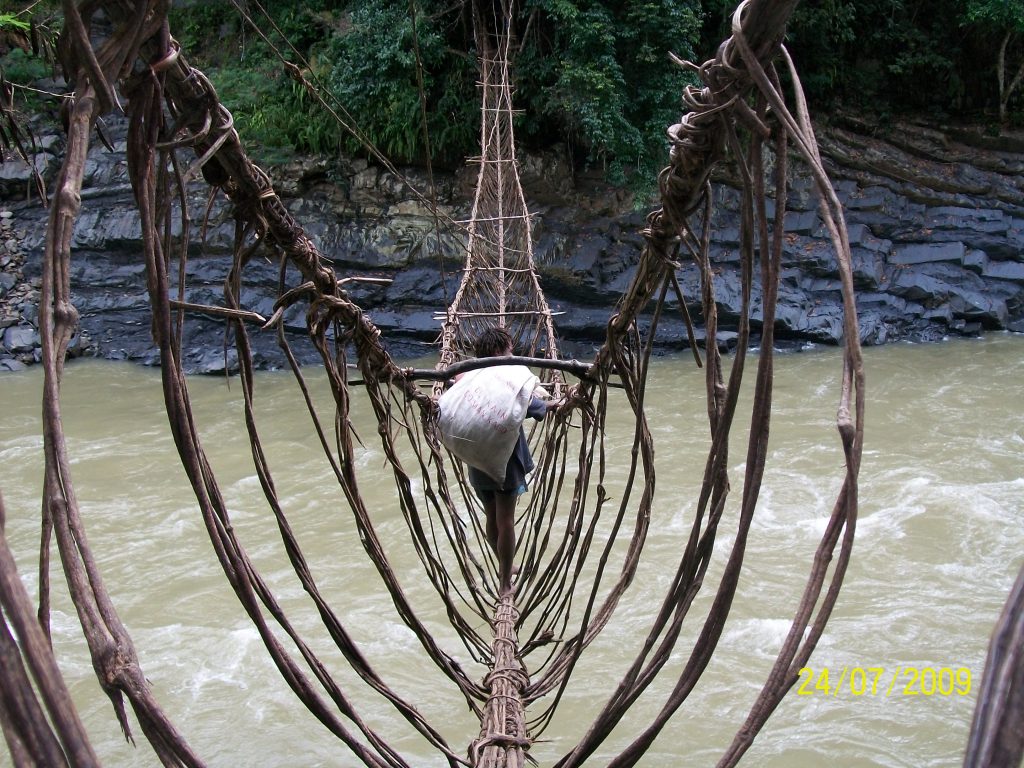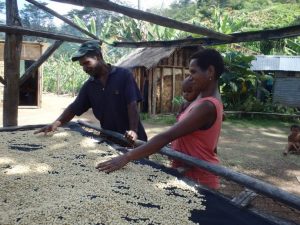
A simple guide to Ethical Coffee in Australia
In a world where social responsibility is a growing concern for families across Australia, making small but…
Home » Village Growers Coffee: a better deal for PNG growers
Home » Village Growers Coffee: a better deal for PNG growers
Village Growers Coffee is a bold, new, independent business that aims to improve earning conditions for PNG coffee growers. We offer ethical and fair deals in a market that has long exploited local growers to benefit big corporations.
Village Coffee was established solely to increase the earning capacity of PNG growers, by selling organic Arabica smallholder coffee directly to coffee lovers. Coffee growers typically only earn 3-6% of the retail price in supermarkets and online. This is clearly unjust considering that growers contribute 70% of the labor, and utilise their most fertile land to provide consumers around the world with their morning doses of coffee. But we aim to increase growers’ earnings to about 15-20% (and in the longer term, more than double the income for PNG from coffee exports).
Village Coffee is charitable and grower-focused, but it also has the potential to make a profit. We aim to meet the fundamental needs of local growers’ desire for fairness, and we provide a much-needed ethical business model in terms of sharing benefits. Village Coffee requires all coffee growers to be registered in their local co-op.
I grew up in the highlands of PNG where Arabica coffee was introduced as source of income. My father allocated his best land for growing coffee. It provided the income to pay for my school fees and other educational needs, a priority for my family. We had very little, so things like rice and tinned fish were luxury items.
I’ve lived in Sydney for the last 25 years doing retail business to support my family here and those back home in PNG. I visit home in PNG at least once a year. I started Village Coffee because local growers in my village receive a tiny fraction of the price of roasted coffee in the world. I want to bring about justice and fairness for the growers, and to offer hope and sustainability for the future.
Land ownership is critical to subsistence farming and now a cash dependent society. In the West, a person’s survival depends on jobs and qualifications, and they can move from one location to another without much inconvenience. This is a totally foreign concept in PNG, where people are who they are based on land ownership, clan and family.
The land that my father had to provide for his family is now divided between four sons, who themselves average four children, some of whom are married. How can they all survive on that one piece of land? Tribal warfare flares because of land and as population increases the chances of conflicts in the villages will escalate. We need answers for this increased population.
Coffee growing has always been a family affair, with everyone contributing. But today, young school leavers do not see coffee growing as being able to sustain their life style. The hard work that goes into growing coffee and processing it for sale simply does not result in enough of an income.
The Village Coffee project aims to tackle some of these issues. Improving and increasing production will be a way for the younger generation to re-engage with local coffee growing, and earn a better income. It will benefit not only themselves, but the whole family and nation.

We have an excellent product and keen supporters of the vision, but the project can only progress with more investment in capital. With the right capital, Village Growers Coffee will be able to take the necessary steps to become truly marketable and competitive.
Our initial estimates show a minimum of two years would be required before seeing a flow of benefits to the growers. Clever marketing of our story — a story unlike any other — is critical.
Pana Wiya is the founder of Village Growers Coffee.
When you buy our coffee, you’re supporting village-based family farming communities for a fair income which has been overdue for many years.

In a world where social responsibility is a growing concern for families across Australia, making small but…

Two billion cups of coffee are consumed globally every single day and the average Australian drinks two cups per day.

Village Coffee is a bold, new, independent business that aims to improve earning conditions for PNG coffee growers.
Get coffee beans sourced from farmers in Papua New Guinea.
© 2023 Village Growers Coffee. All Rights Reserved. Website Development by VM.